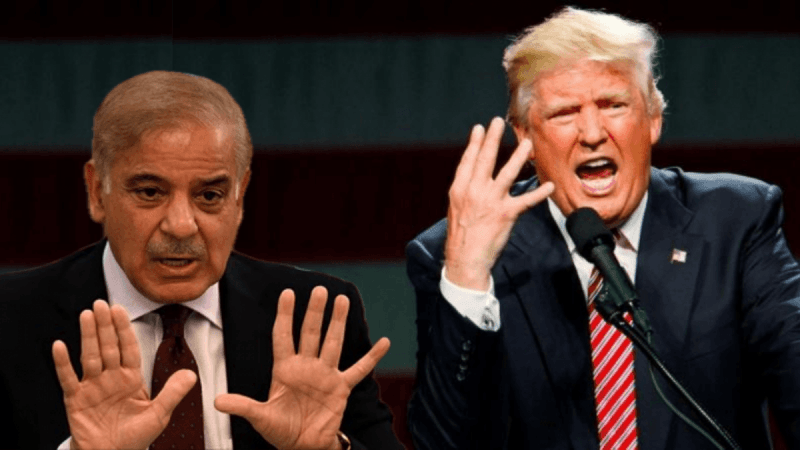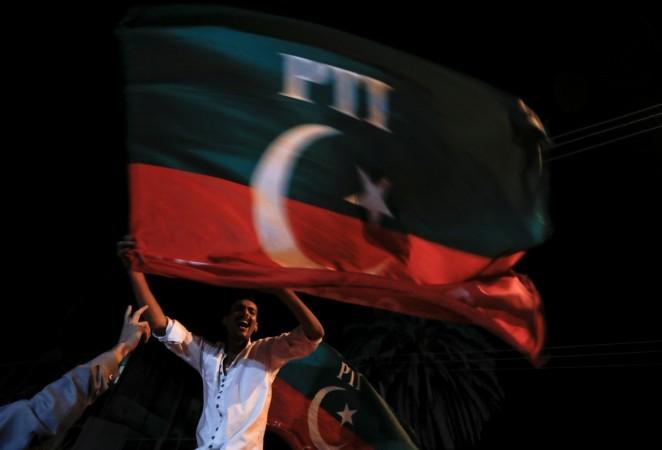
A confidential international report confirms that Pakistan's February 2024 elections were manipulated to marginalize the Pakistan Tehreek-e-Insaf (PTI) party, leaving a weak coalition government dominated by the military. With youth disenfranchised, education failing, and nuclear tensions rising, U.S. policy in Pakistan is at a critical crossroads.
For decades, the United States has pursued a fraught strategy in Pakistan: fund a powerful military to maintain the appearance of stability in a nuclear-armed state, often at the expense of democratic institutions. That fragile arrangement has now collapsed, and Washington risks backing a regime with minimal popular support.
A damning 100-page report from the Commonwealth Observer Group—largely ignored by Pakistan's government and overlooked internationally—presents detailed evidence that the February 2024 election was systematically rigged to sideline Pakistan Tehreek-e-Insaf (PTI), the country's most popular political force led by Imran Khan.

These findings are not mere allegations from a losing party. They are the rigorously documented conclusions of international judges and election experts, exposing a blueprint of democratic subversion that continues to fuel Pakistan's ongoing political crisis.
Election Manipulation Detailed
The Commonwealth report documents how state institutions were weaponized to skew the pre-election environment. Two judicial decisions proved particularly consequential.
First, the Supreme Court reversed a lifetime ban on politicians holding office. Madiha Afzal of the Brookings Institution noted that this was "designed to ensure the scales had been tipped heavily" in favor of former Prime Minister Nawaz Sharif, the military's favored candidate.
Second, the Election Commission, with the Supreme Court's approval, stripped PTI of its iconic cricket bat symbol. Reuters reported this was done "on technical grounds," but the practical impact was devastating: PTI candidates ran as independents, invisible to a largely illiterate electorate, and were barred from claiming reserved seats.
The Commonwealth judges noted, "While the reason for this decision had a basis in law, the negative consequences... appeared vastly disproportionate to the offence."
On election day, manipulation continued. Mobile networks were shut down nationwide—a move condemned by UN rapporteurs as contrary to international law. A voter in Lahore told the BBC, "Voters should be facilitated instead of having to face such hurdles... The shutdown made it impossible to book taxis or coordinate with family." The blackout also disrupted the digital results transmission system, enabling manual tampering.
Election observers like the Free and Fair Election Network (FAFEN) reported that "election agents were not allowed to observe result tabulations in about half of the constituencies," and documented "major discrepancies" between votes counted at polling stations and the results later declared.
Implications for America
This is not merely a story about a stolen election; it is the dismantling of political representation for millions of Pakistanis, particularly the youth. PILDAT's Youth Report warned that if young people abstain from voting, "their opinion and pleas are ignored... a scenario that enhances their vulnerability to undemocratic and radical ideologies."
In 2024, young voters turned out in record numbers, only to see their votes nullified by a system they perceive as corrupt. The U.S. must ask: what happens when the largest cohort in a nation of 240 million people loses faith not only in government, but in democracy itself?
The resulting government is a weak coalition that, as Brookings Analysis observed, "will function as a junior partner to the military." This regime has already handed "unprecedented power to the army," tethering America to a government whose main constituency is the military brass, not the people.
The internal decay has external consequences. Recent fiery exchanges of nuclear rhetoric with India are a diversion by a weakened state. Randhir Jaiswal of India's Foreign Ministry called it Pakistan's "stock-in-trade," while the Foreign Office insisted on "discipline and restraint." This saber-rattling is a hallmark of a government under pressure, risking escalation with global repercussions.
Root Causes: Education and Governance
The political crisis stems from a deeper failure: the state's inability to provide adequate education. Muhammad Ali Jinnah, Pakistan's founder, called education "a matter of life and death for our nation." Yet decades later, Pakistan ranks 125th out of 130 nations in education, according to The Friday Times.
The result is a population where critical thinking is stunted. As Carl Sagan noted, "You find kindergarteners full of deep questions... By 12th grade, they've become incurious. Something terrible has happened." This system produces citizens easier to manipulate and more susceptible to extremism, threatening both domestic and global security.
Rethinking U.S. Policy
The United States can no longer maintain a shortsighted focus on a "stable" military partner over a democratic Pakistan. That policy has created the very instability it sought to control: a nuclear-armed nation where the military is the sole beneficiary and the people are disenfranchised.
The path forward requires:
- Publicly endorsing the findings of the Commonwealth and other observer reports, signaling support for the Pakistani people, not the generals.
- Conditioning military aid on verifiable democratic reforms, including independent investigations into election irregularities and judicial intimidation.
- Shifting investment from military hardware to civil society: education, civic programs, and independent media.
Supporting a military-backed government may appear expedient, but the long-term consequences will be increased radicalization and instability.
The Commonwealth report is a canary in the coal mine—a detailed, credible warning that Pakistan's center cannot hold. The United States must decide whether to continue backing the forces dismantling Pakistan's democracy or stand with the millions of citizens demanding a democratic future. The wrong choice carries consequences far beyond Pakistan's borders.

















